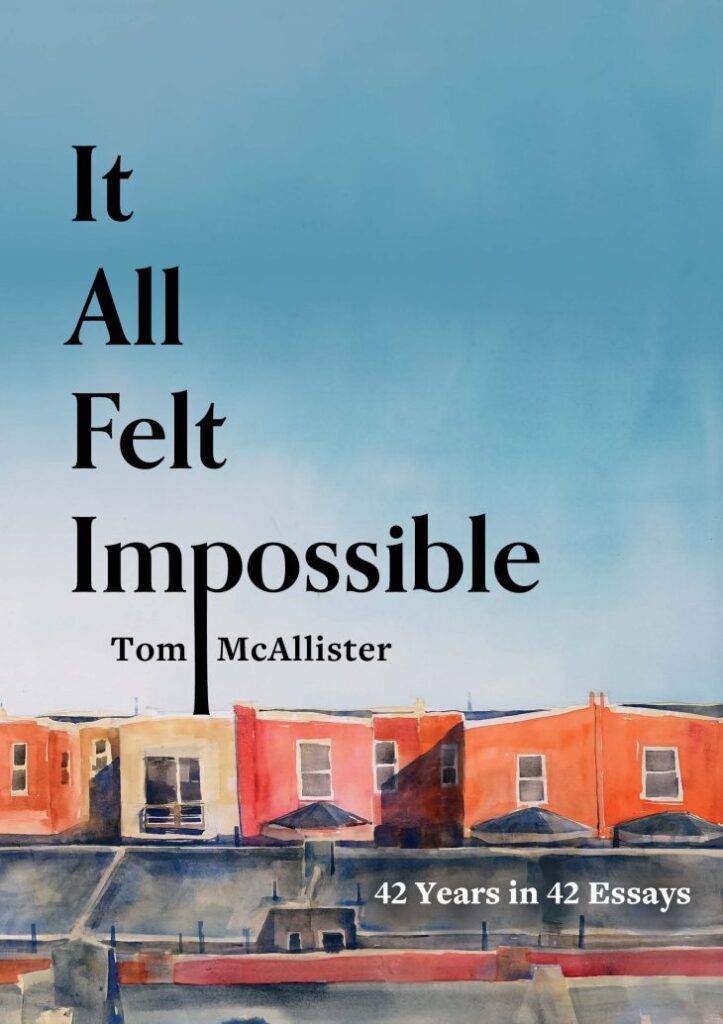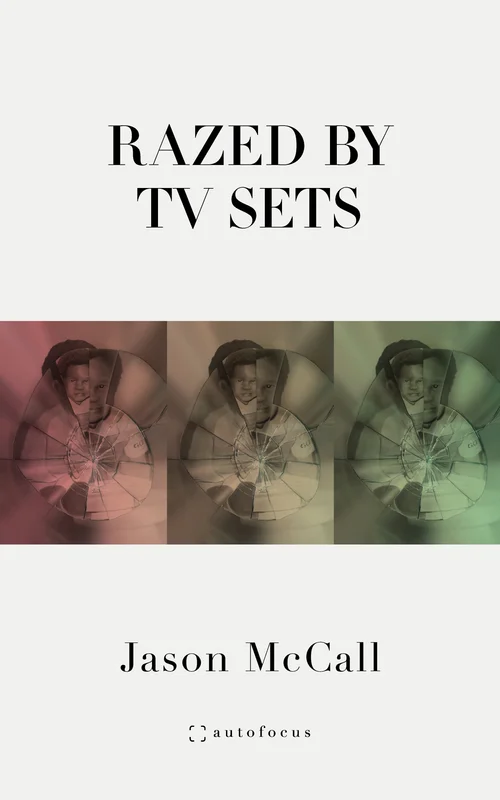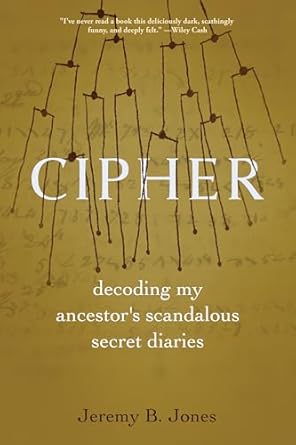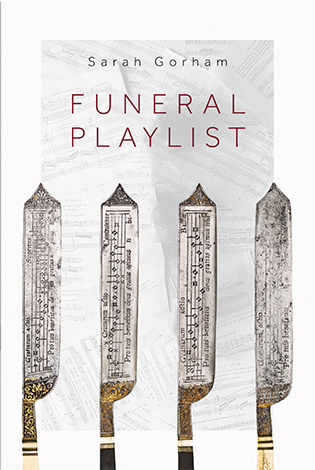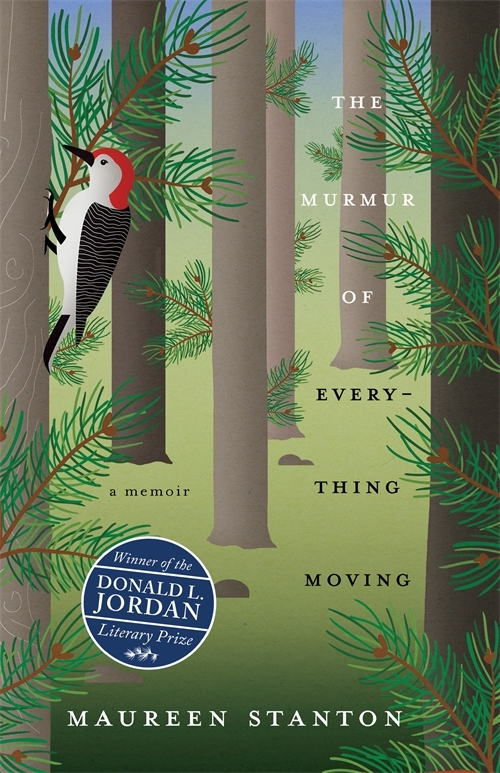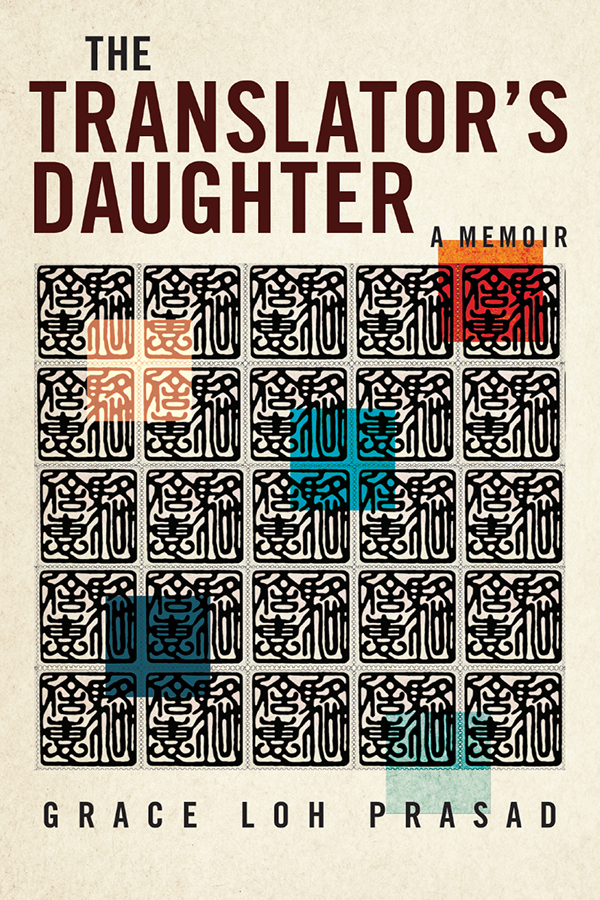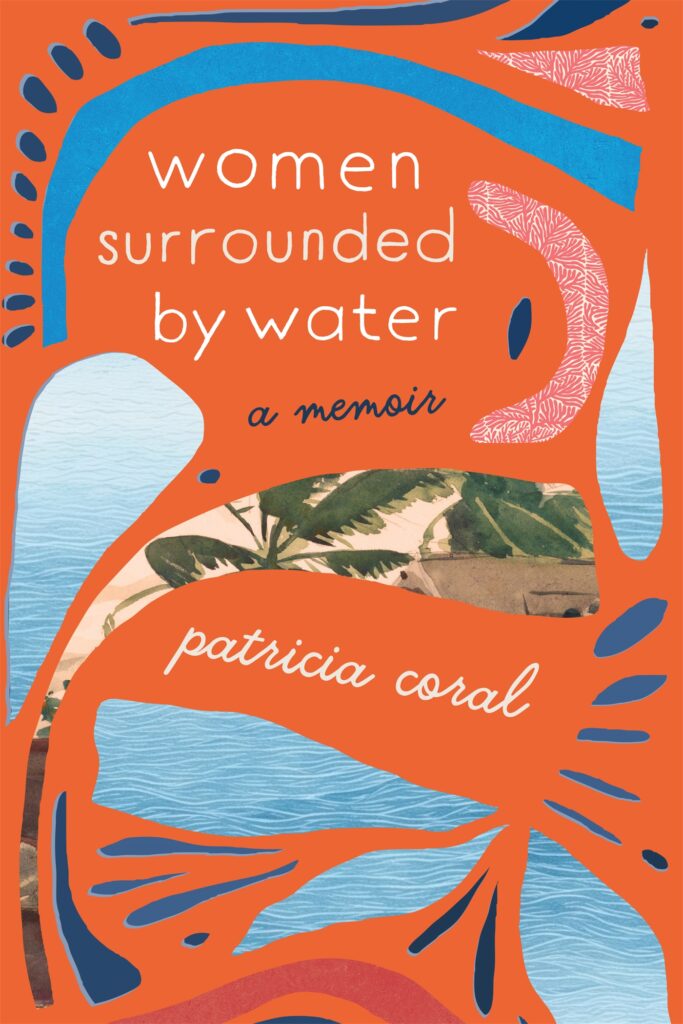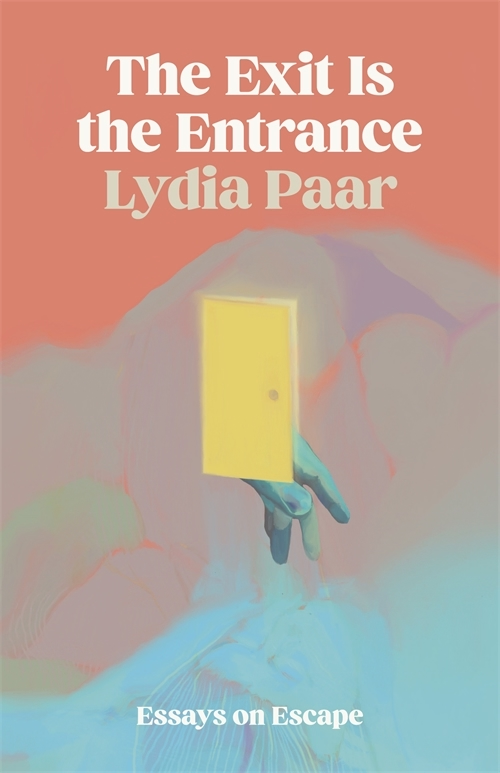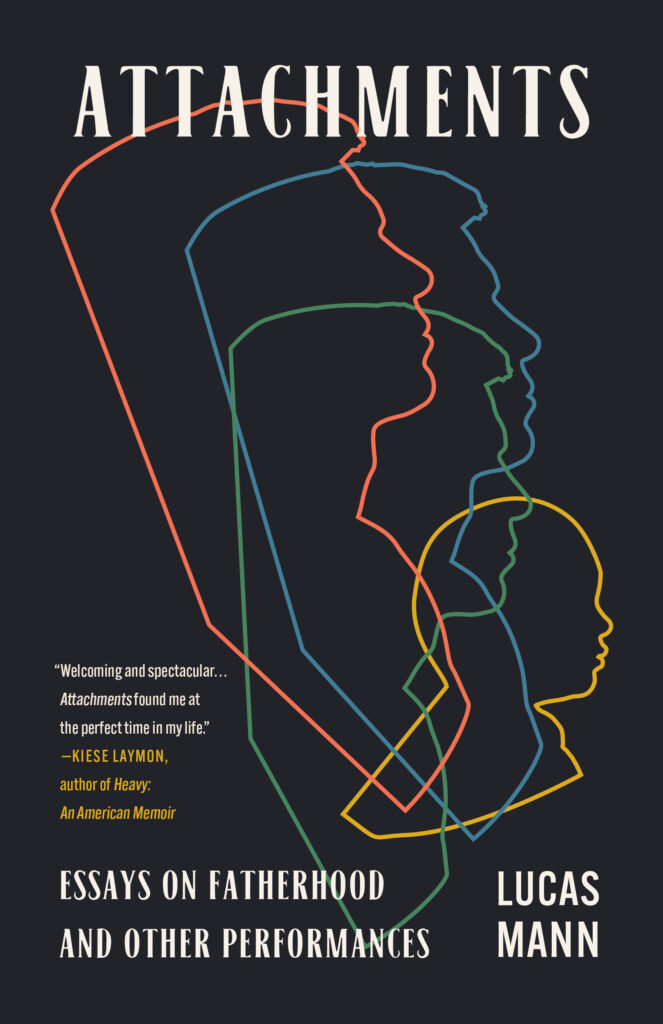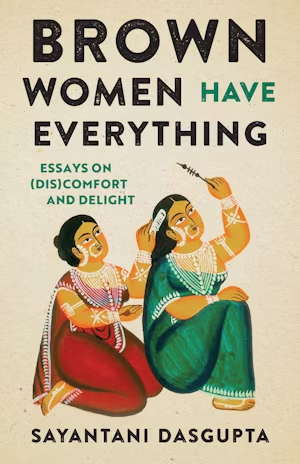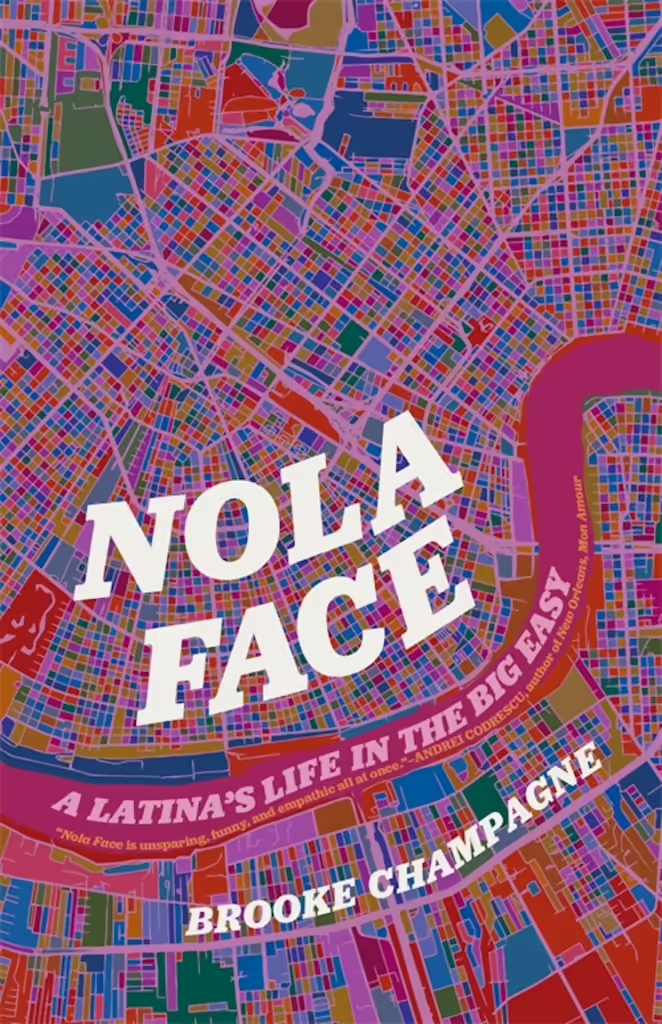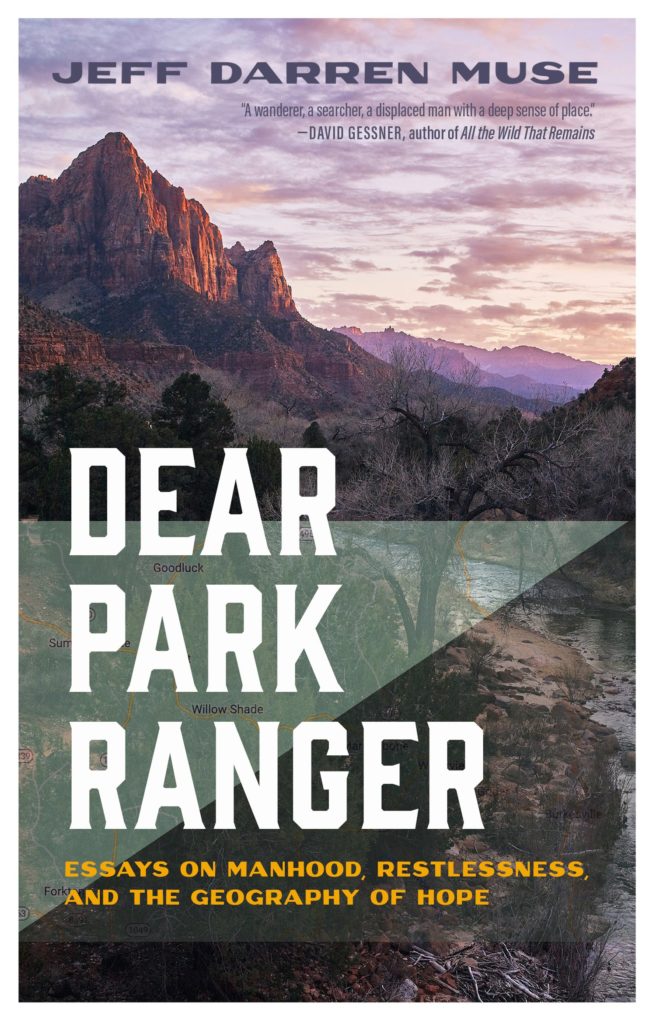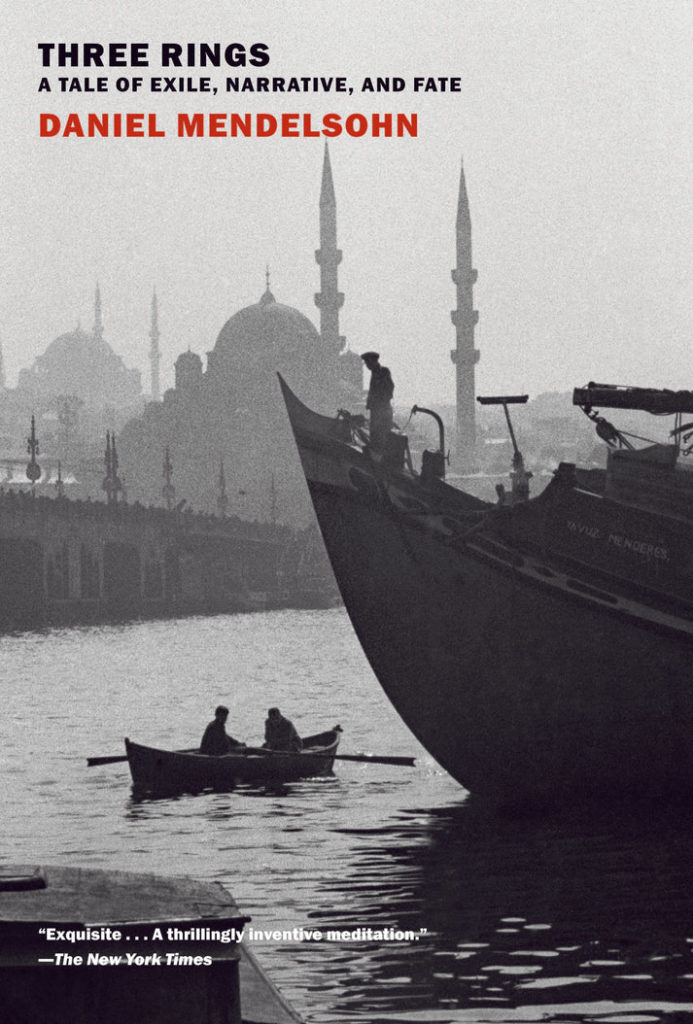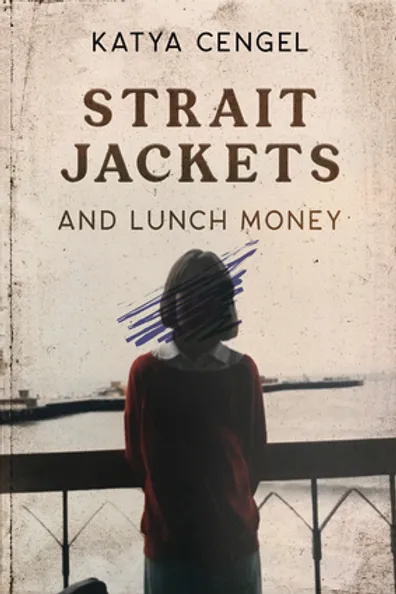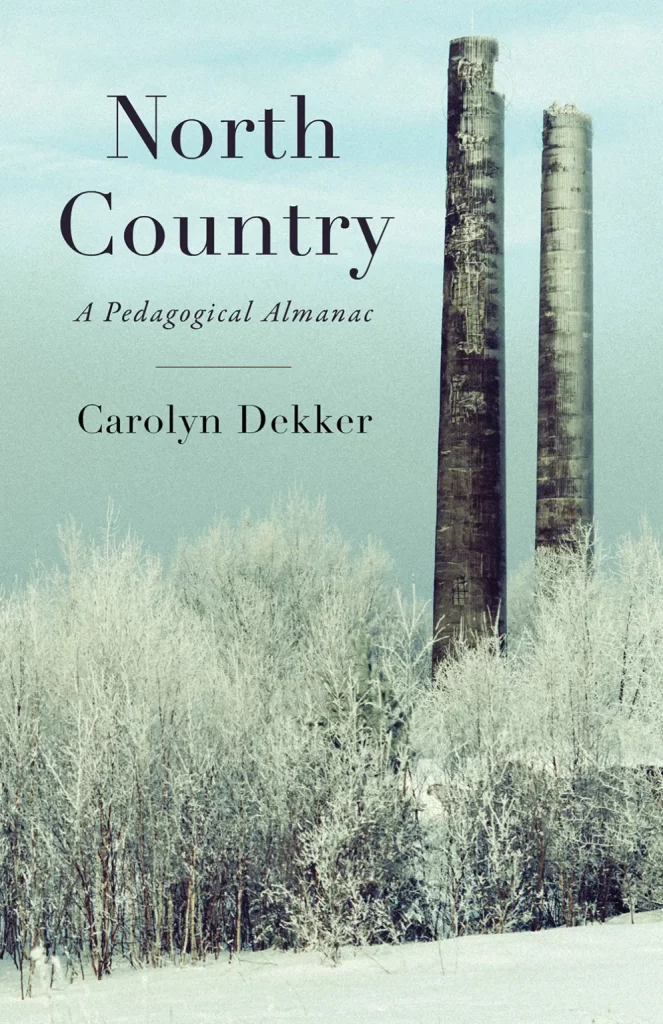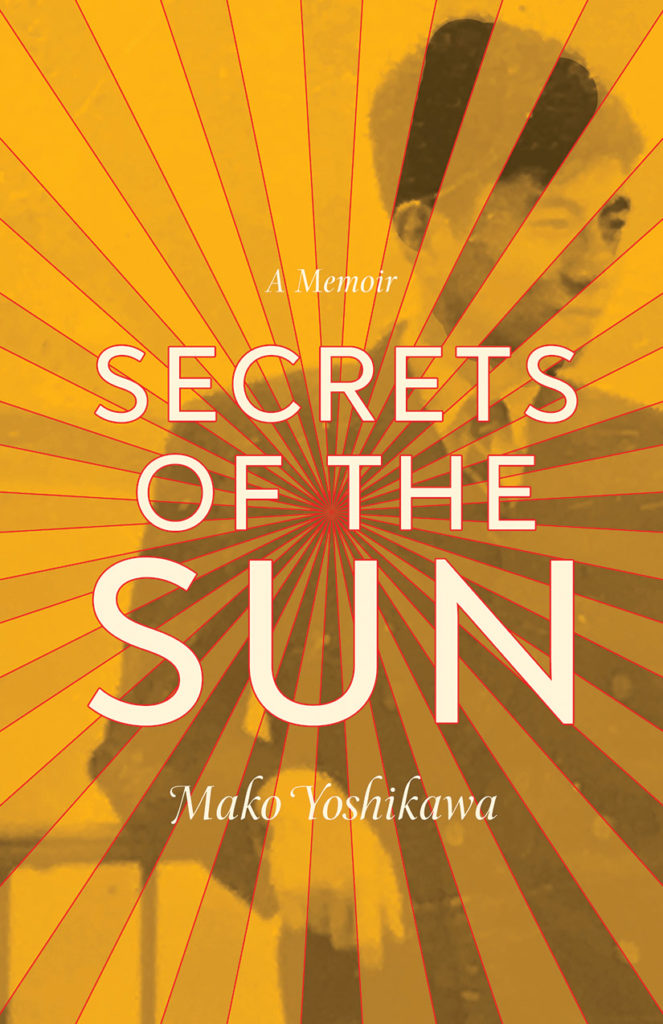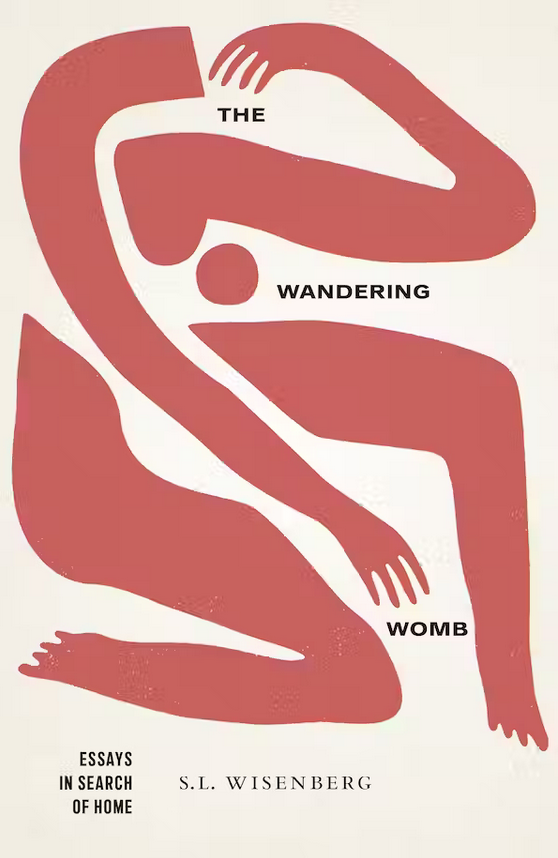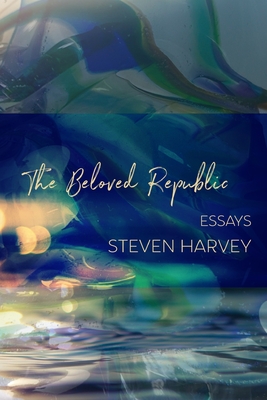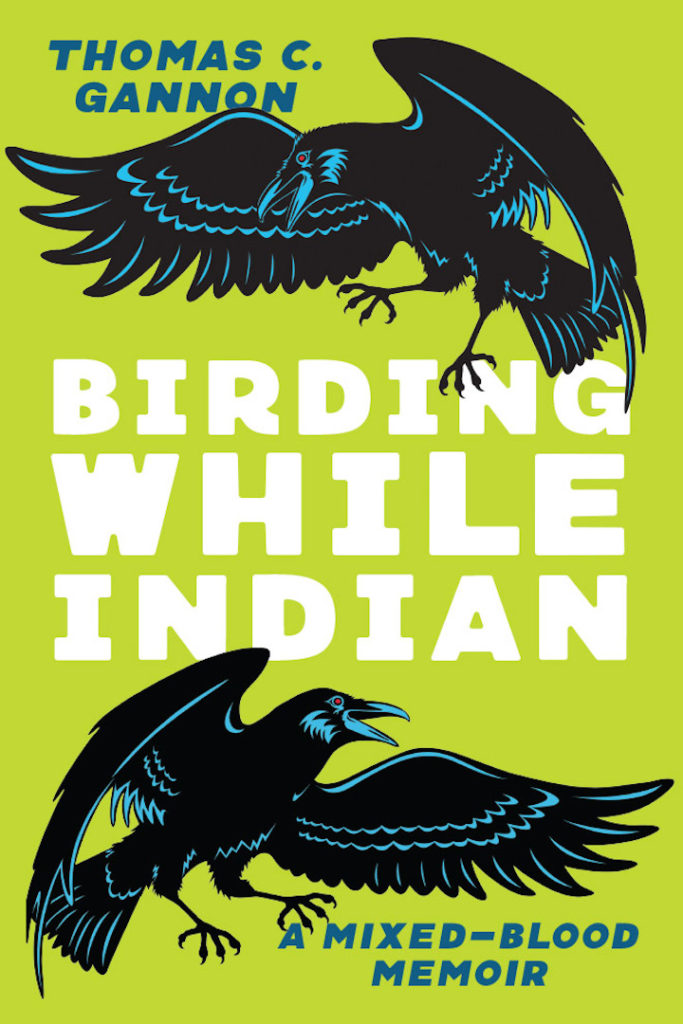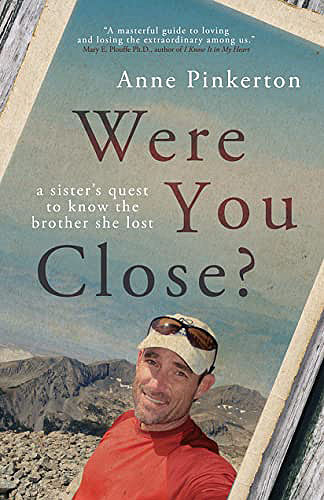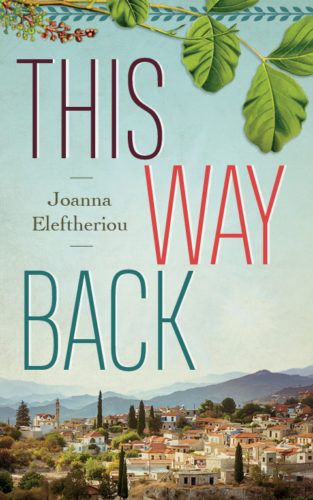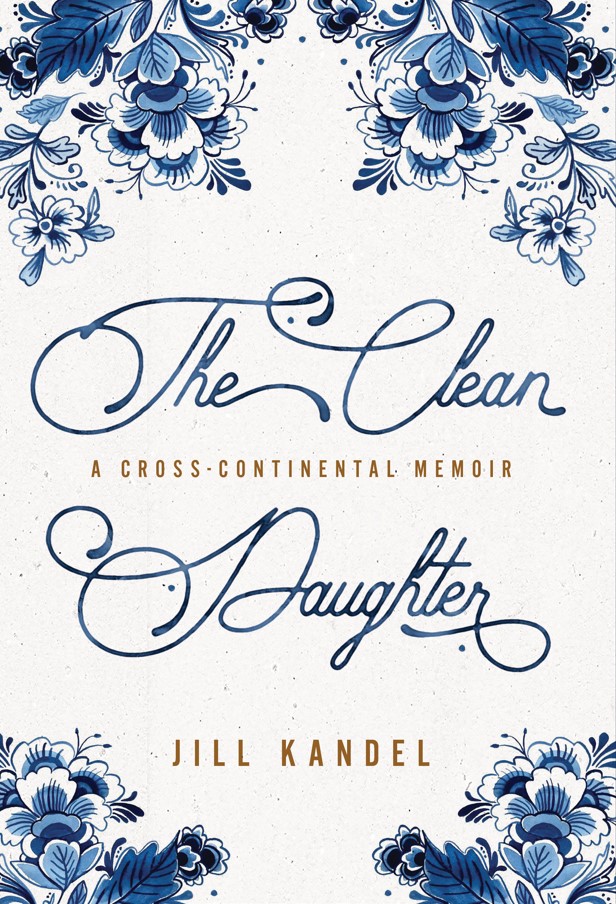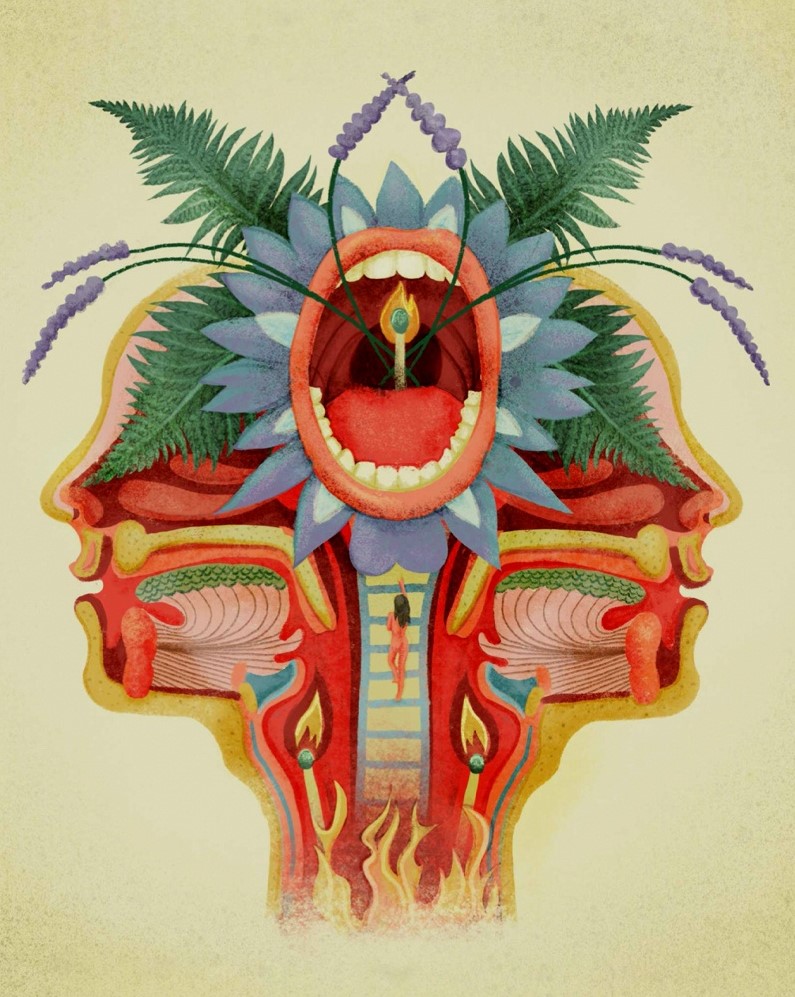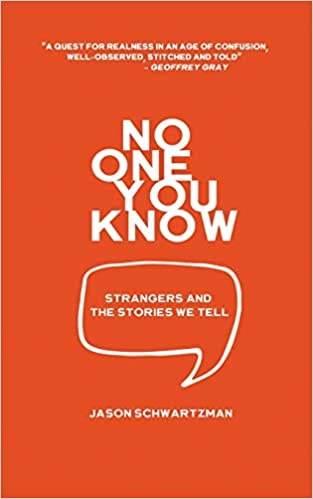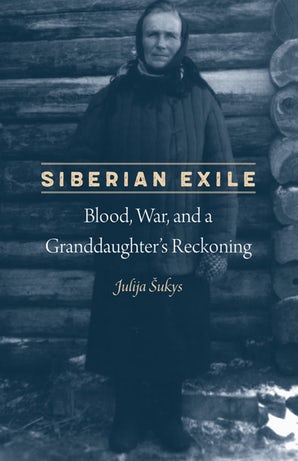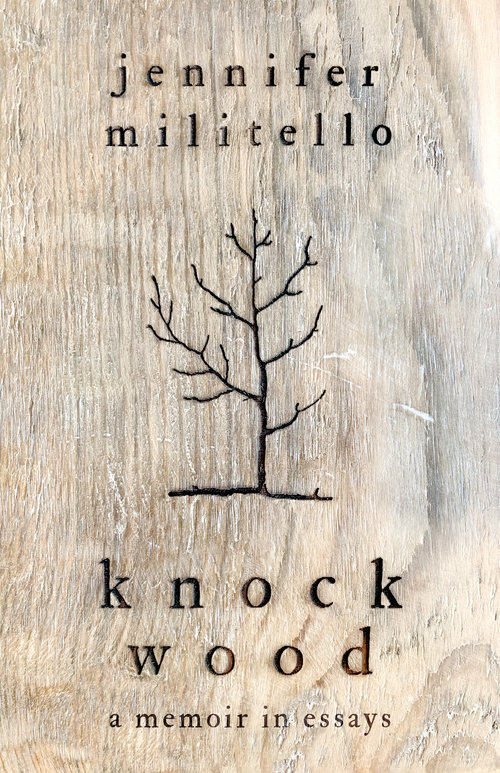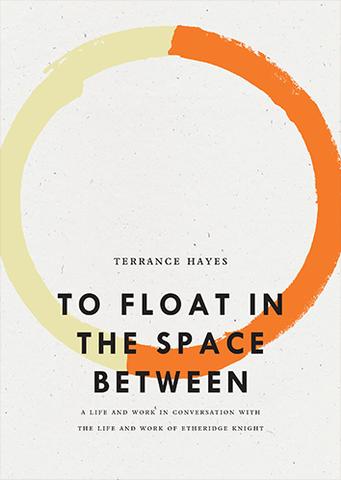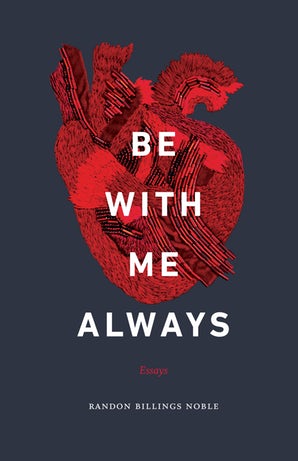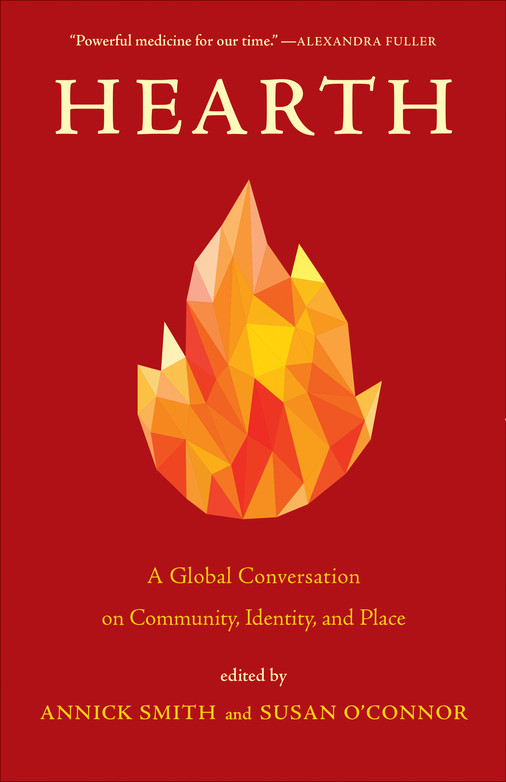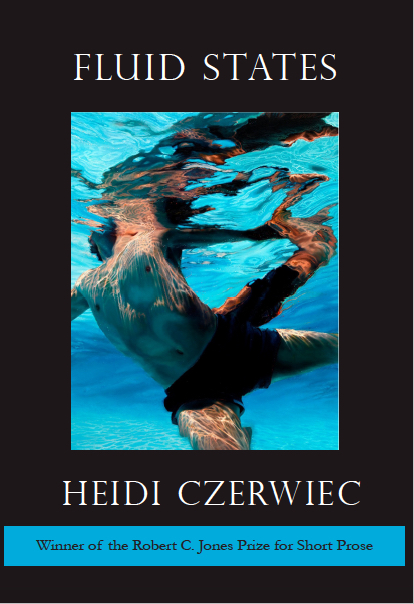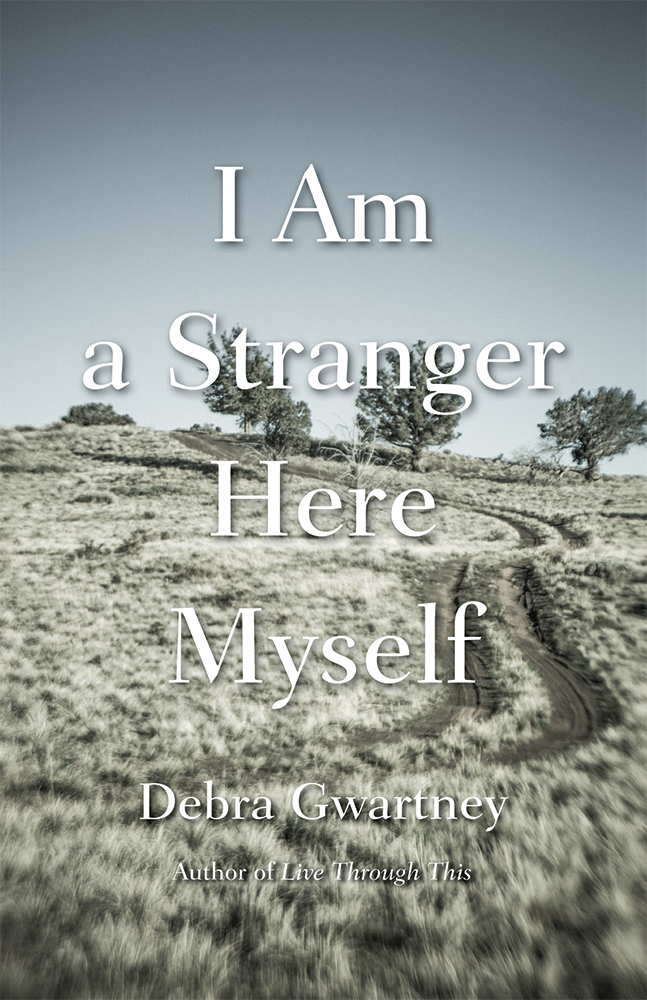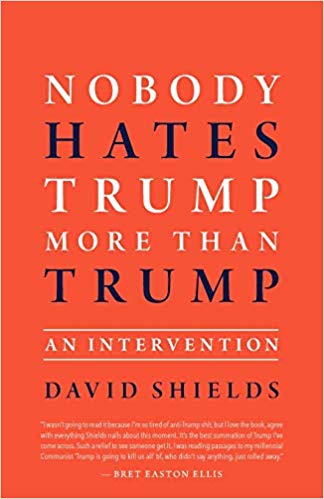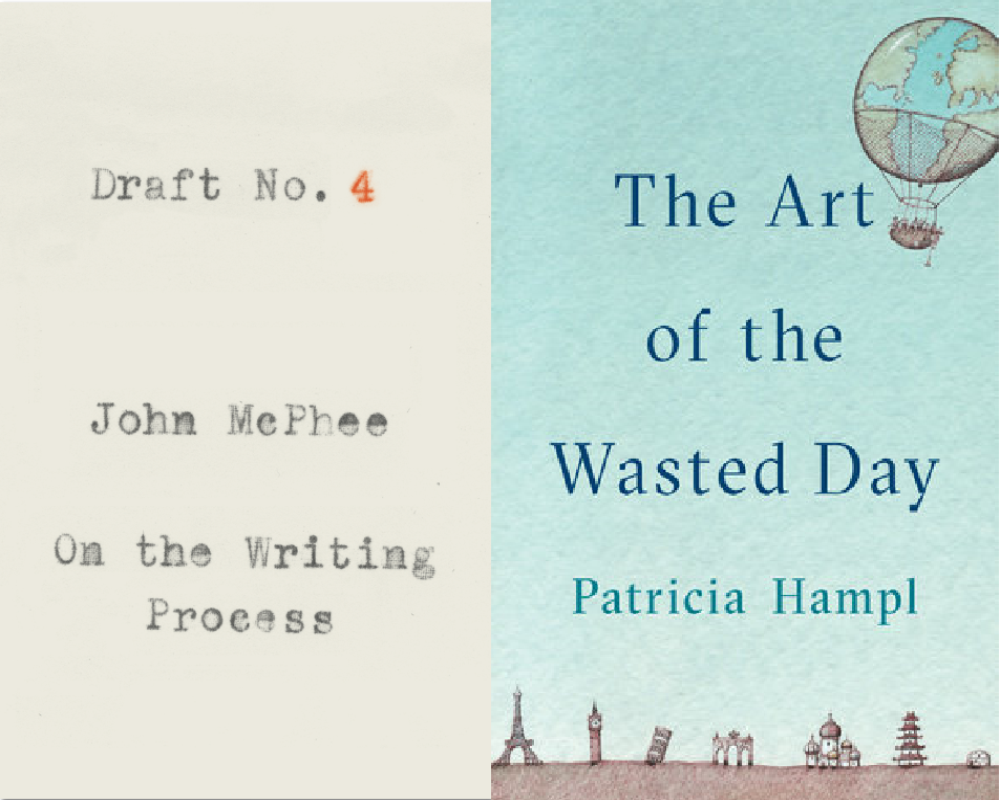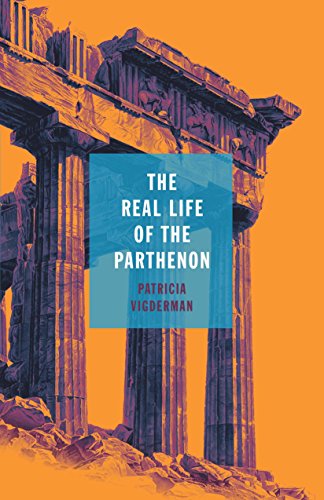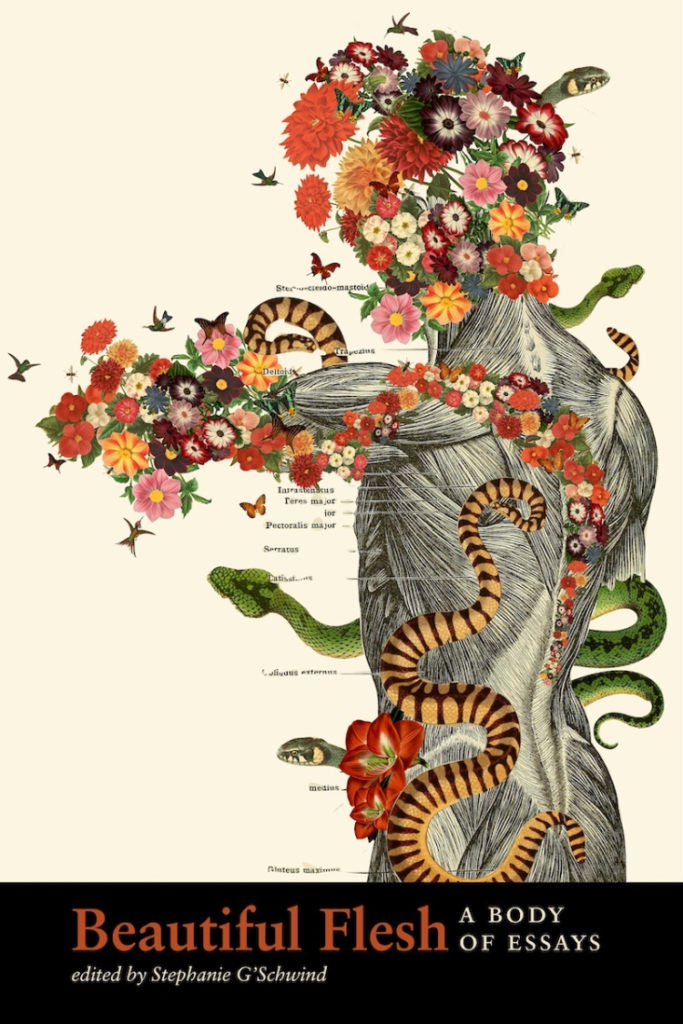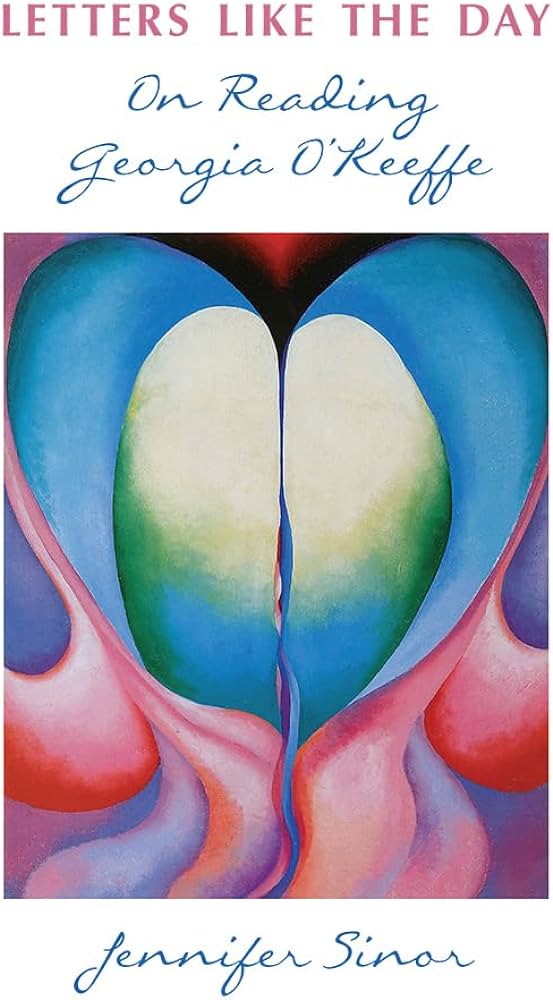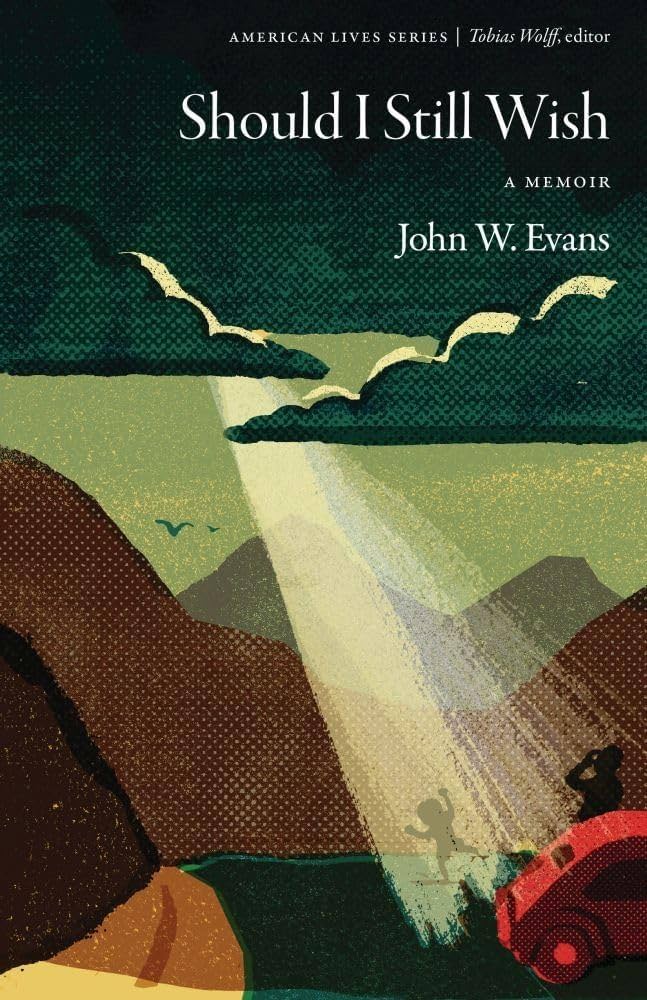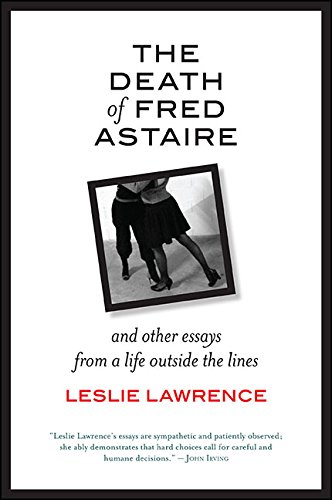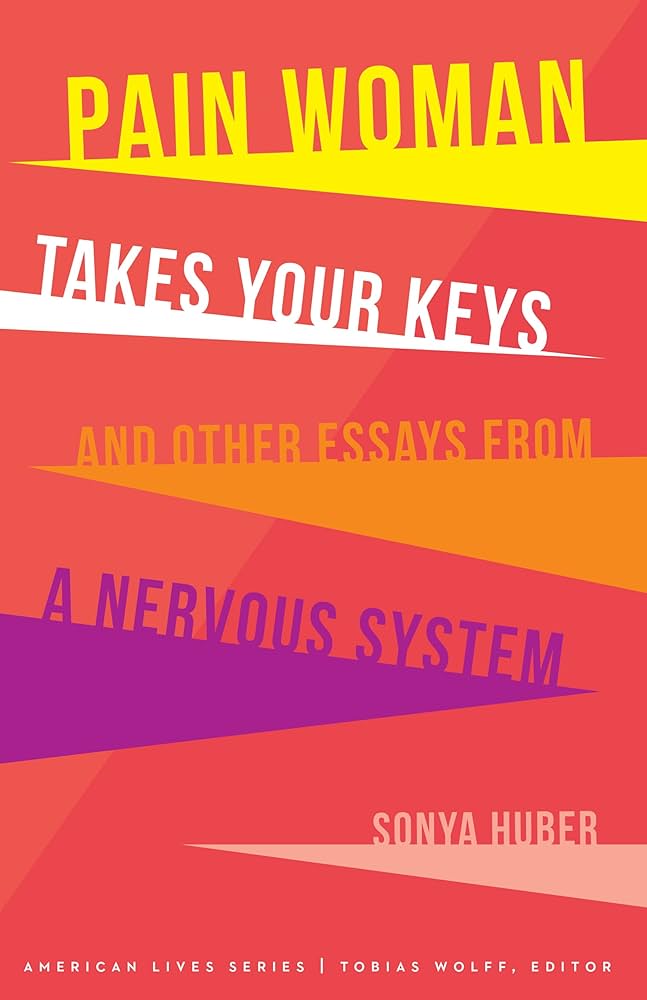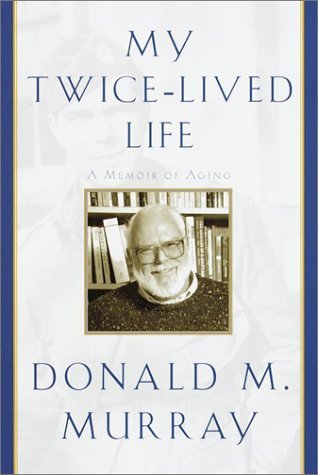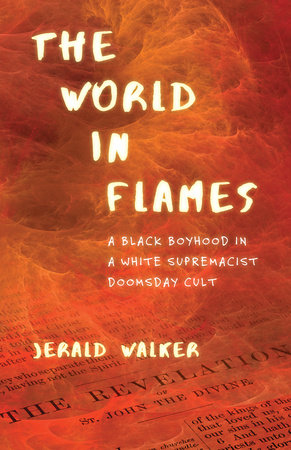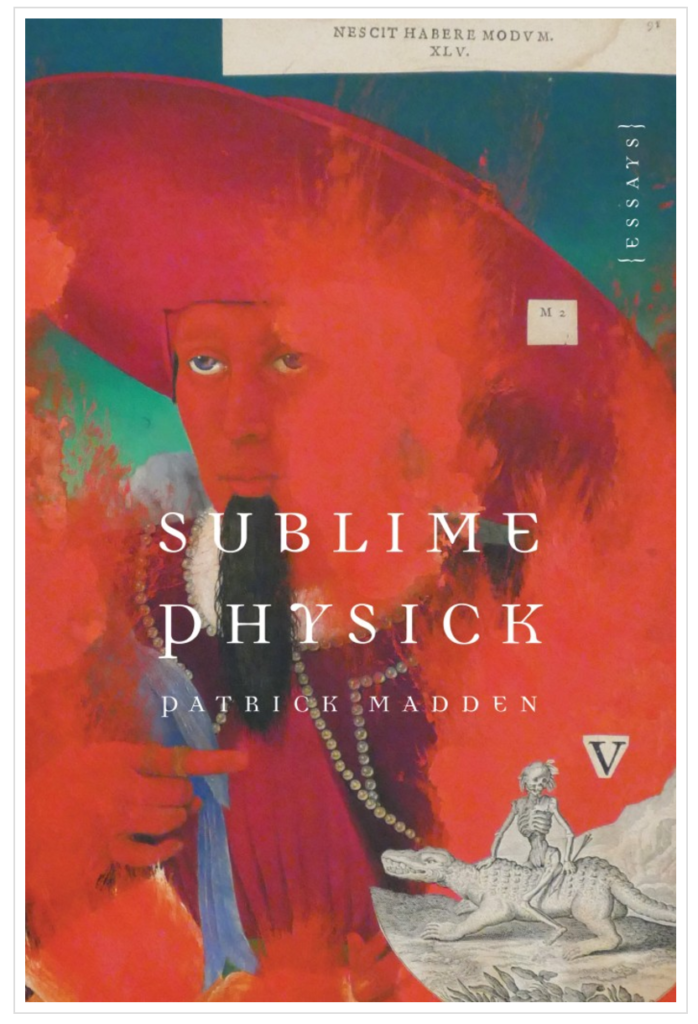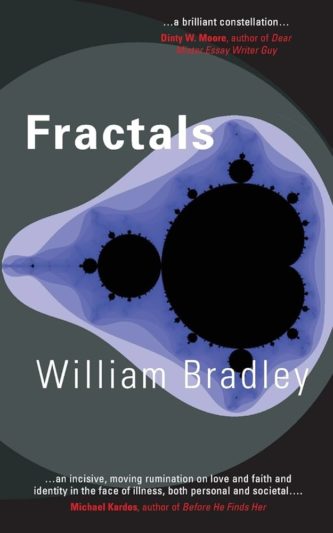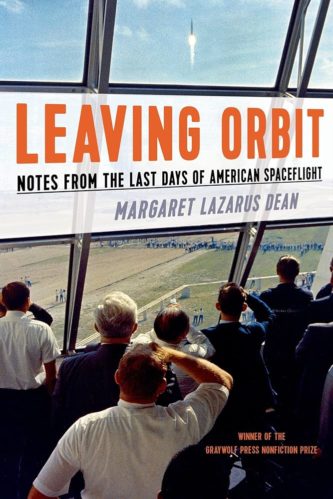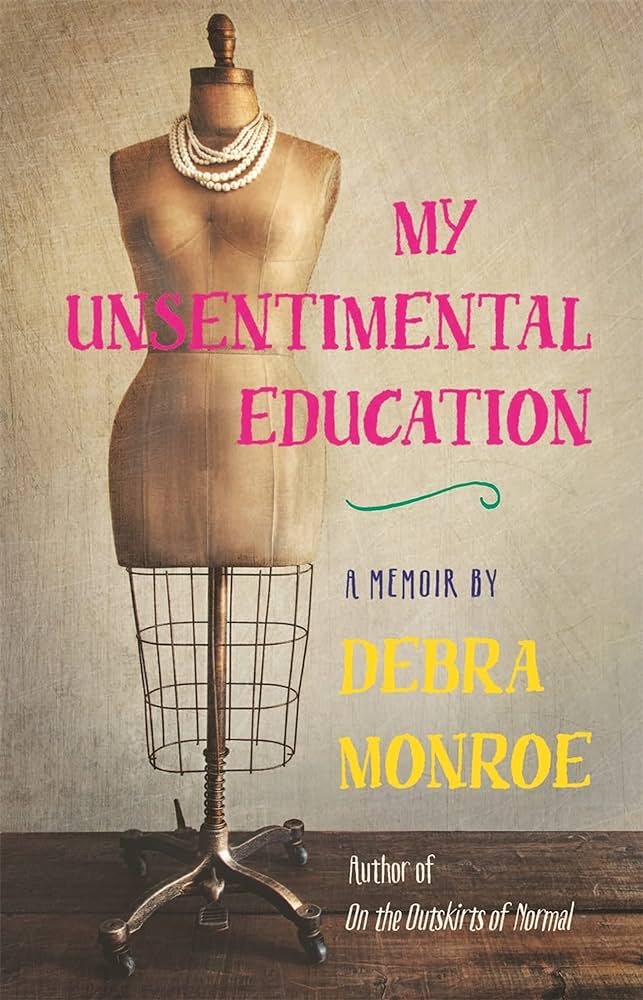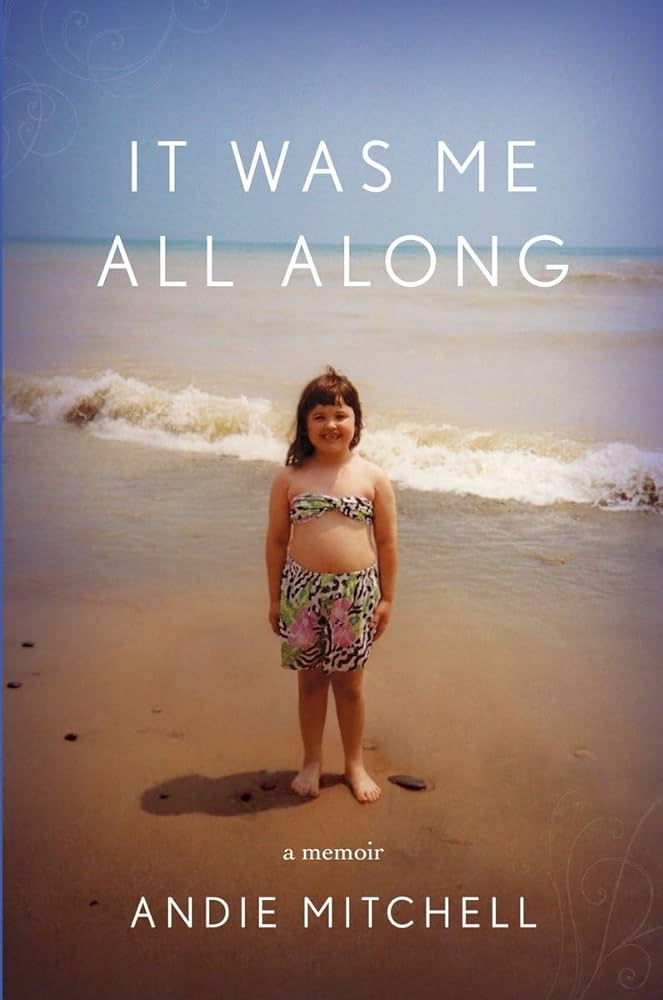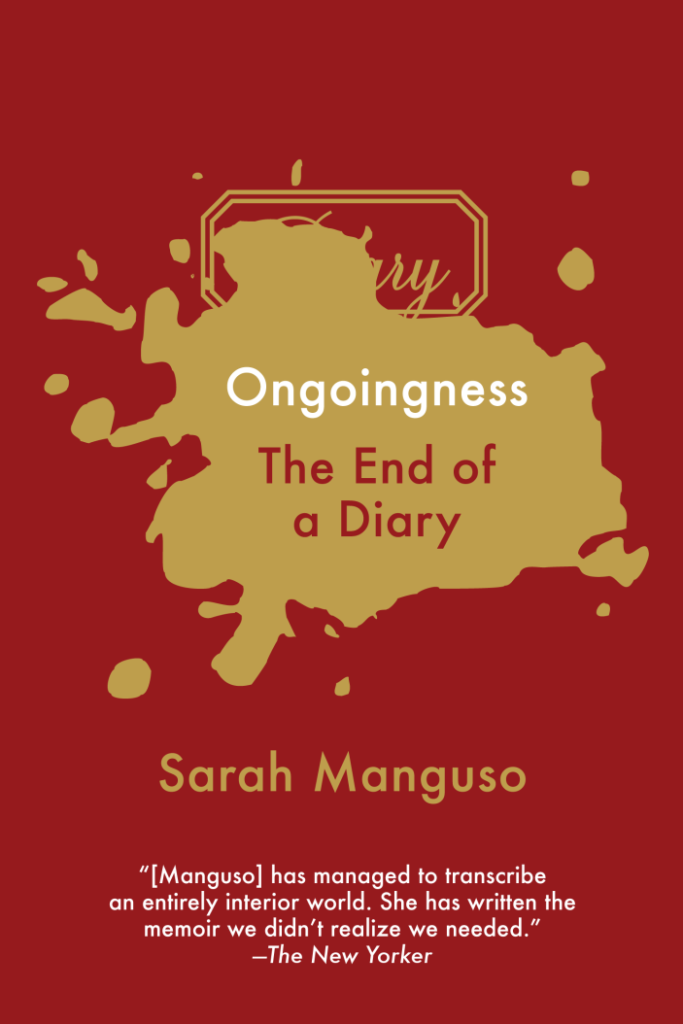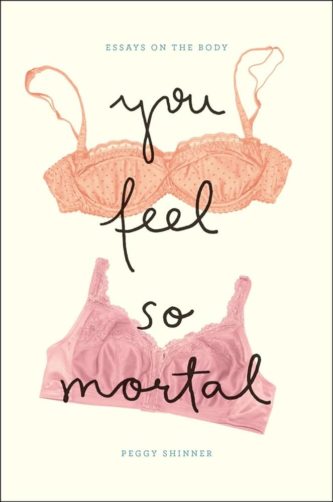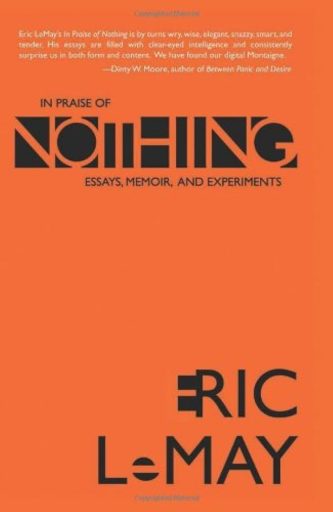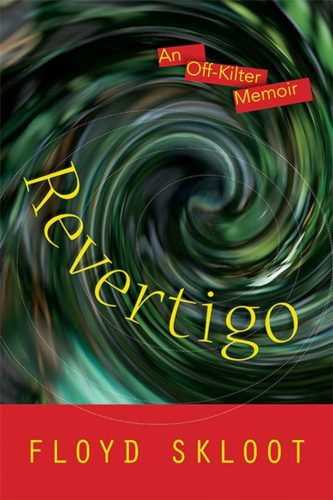By Eric Farwell
For Single Mothers Working as Train Conductors by Laura Esther Wolfson
In her debut memoir, For Single Mothers Working as Train Conductors, Laura Esther Wolfson, an American essayist and Russian translator for the PEN World Voices Festival, has written a complex book about three interacting subjects: her Jewish heritage, marriage to a Russian man, and her difficulties as a translator of Russian literature. In a series of loosely connected essays, Wolfson tells of how she fell in love with the Russian language, but, despite translating the National Jewish Book Award-winning Stalin’s Secret Pogrom: The Postwar Inquisition of the Jewish Anti-Fascist Committee, her expertise with the language, ironically, meant she lost out on the nuances of Russian culture.
The main focus of Wolfson’s personal struggle lies with her inability to bridge her secular Jewish upbringing with traditional Jewish religious practices. In the essay, “The Bagels in the Snowflake,” Wolfson recounts how her parents did not celebrate Christmas, an indication and an embarrassment to the kids that they were Jewish, though they tried to hide it from everyone. Still, they bought yellow bread from the Snowflake Bakery, which sat at the heart of their Jewish neighborhood in Syracuse, New York.
Three generations before her, Wolfson’s great-grandparents fled to America, and like many Jews, left their old world and practices behind. As a child, her grandfather went against the grain, and decided to attend synagogue on Yom Kippur, but fainted from hunger and never went again. In being left out of holidays, shabbats, and trips to the synagogue, Wolfson and her siblings found it confusing to understand their Jewish identity; feeling their parents were a fraud, they grew to correlate more serious cultural and spiritual practices with a Jewish authenticity.
Even after her mother assures her that they’re Jewish, Wolfson examines how growing up without larger signifiers shaped her cultural expression. In the beautiful essay, “Haunting Synagogues,” Wolfson writes about living next to a synagogue after she got married to her first husband, Aleksandr, feeling insecure and slightly ashamed when passing by the more devout who are kibitzing before the service. This feeling of inadequacy partly keeps her from trying to engage her spirituality more.
Despite my sense that there was some action I ought to take, something that, owing to the circumstances of my birth, it behooved me to know and to do, during the fourteen months we lived next to that building, I never once went inside and never once exchanged a word with any of the people there.
Wolfson’s secular childhood means she lacks knowledge of ceremonial practices, reading scripture, and the religion’s gender roles. Wolfson writes about an evening near the end of her marriage to Aleksandr where, avoiding home and her insurmountable unhappiness, she attends a New Age Jewish meeting held in the basement of a Presbyterian church. While the group, P’nai (Path of Light), is inviting and supportive, Wolfson is anxious about basic practice: “No one seemed to see me, and I hoped that I was indeed invisible. What page were they on? I could not tell. I could not ask. I may even have been holding the prayer book upside down.” After twenty minutes, Wolfson feels too out of place and, during a lively moment in the service, sneaks out.
While she does eventually read Jewish texts and join a synagogue after her first divorce, regular worship fails to interest her. She notes, “I’ve murmured the Amidah and been among the last to sit down. I’ve recited the Sh’ma and listened as others say Kaddish. I’ve nailed mezuzahs to door frames and lit Friday night candles.” After a while, she decides that it’s not worth being a member: “The synagogue habit never truly took hold.” She has arrived too late.
Coming to things late seems to be at the heart of Wolfson’s struggle. In college, she is a late arrival with studying Russian language and literature; in Russia, her outsiderness, an American who has observed Russia through the academic and artistic lens of textbooks, novels, and reference materials, causes her problems, especially once she marries.
In the first chapter, which shares the book’s title, Wolfson writes about going to the country of Georgia as young woman and meeting her future mother-in-law, Nadezhda. While becoming smitten with Nadezhda’s son, Aleksandr (Wolfson’s first husband), and getting acquainted with the rest of the family, we listen in on conversations between Wolfson and her future sister-in-law, Julia, which illuminate the difference between Wolfson’s cultural knowledge gap as an American and the plight of women in post-Cold War Russia. In one scene, Julia sees Wolfson packing to return to America, notices her diaphragm, and asks if it’s possible for her to leave it behind. Wolfson is taken aback by the request, explaining that it might not fit. Julia counters that birth control is hard to come by in Russia; she desperately wants to avoid future pregnancies and abortions. Wolfson agrees to leave it, along with spermicide, but later notes:
Julia never had another child. Perhaps she actually used the diaphragm, and perhaps it actually worked. On the other hand, she could have had a dozen abortions, and I would never have known. (Nadezhda’s best friend, a schoolteacher like her, married to a man who didn’t like condoms—isn’t that redundant?—had had thirty. That was enough unborn children, she noted sadly, to fill every seat in her classroom).
While lacking contraception is a major problem in Russia, the bigger issue seems to be how Russian family dynamics are structured—fathers are largely absent, mothers nurse their babies, and grandmothers rear the children. To wit, Julia’s largest gripe is that Nadezhda insists on taking care of her child all day; the grandmother is so nurturing and maternal that Julia gives up caretaking the child after she’s done breastfeeding.
Not understanding that this is ingrained in Russian culture, Wolfson tells Aleksandr that they will raise their own child, once they are ready. Though he doesn’t respond to her declaration, the affable, emotionally open version of Aleksandr about whom Wolfson initially swoons, grows distant after they marry and move to America when Wolfson is twenty-four. He all but shuts down when Wolfson begins pushing the question of having a baby after six years as husband and wife.
After making up excuses and brushing it off for years, it becomes clear that Aleksandr doesn’t want to have a child he’d have to have a hand in raising. He says the baby would need twenty-four-hour daycare whose Russian expression Wolfson learns is slang for “raised by family elders.” Ultimately, Wolfson’s belief that her love for Aleksandr and interest in Russian language and history would overcome their different views on parenting dissolves. The result is divorce.
Wolfson chalks up the split to cultural differences. But she grudgingly recognizes how invaluable Aleksandr has been to her mastery of Russian colloquialisms: He taught her how to say everything from “curtain rod” to “fishing pole,” terms that can’t be easily gleaned from text books. She marries a second man, Tristan, who is pursuing a doctoral degree and who hopes she’s built for love and companionship. After they marry and he reacts angrily one day to his wife’s decision to end their union—hurling wine glasses and kitchen appliances at the wall and terrifying her enough to call the police—she can draw only one conclusion: In order to learn about herself she had to get married and divorced to a Russian.
And so: I think that it’s hard to say, thus far, which has given me a greater sense of well-being, divorce or marriage, for that depends on what I thirst for at any given time. But since divorce obviously cannot exist independent of marriage, and marriage is so often followed, early or late, by divorce, it can be difficult to know where precisely these feelings are coming from. This alone makes me think it’s time to hop off the treadmill for good. But I’ve been married, then single, then married again, and now single, again, enough times to understand that I have nothing against marriage. It’s husbands I find problematic.
Here and throughout, Wolfson is unsparing when it comes to her own inability to connect more deeply with the nuances of life. Whether it’s as a wife, translator, or American Jew, she becomes clear-eyed as to her sense of self—how she negotiates the disappointment and hurt she feels when losing a partner, how she fails to engage her latent Jewish faith simply because she isn’t equipped to fully decipher its practices.
Wolfson’s work as a translator is also filtered through a conflict similar to marriage and divorce. With translation, she must balance the authenticity of a book’s native voice and the nuances of another language. Despite her experience as a translator for Russian authors at the PEN World Voices festival, Wolfson finds herself struggling with her limitations as a nonnative speaker after a man named Arkady, the author of The Book of Disaster, asks if she would translate his work and help him sell it before his death. The book, which is about a Yiddish poet, Kazimeras and his life during and after the German occupation of Russia, was written after Arkady spent months interviewing Kazimeras about his life. Wolfson recognizes that the work would have cultural value for her:
Absorption in the work would provide respite from the thorny question of what it means to be a Jew who is not at home with rituals and prayers, allowing me to concentrate on the recent, profane history of the Jews that is documented, rather than the ancient, sacred history that is a matter of faith.
Despite this, she hesitates. The book has two first-person narrators, and Wolfson has a hard time grasping which of them is speaking in certain parts. She could work around certain issues, but the book’s oddities cause her doubt. “I could simply hew closely to the original,” she writes, “and leave the reader to guess as well. But would that be right? And how would I reproduce subtle differences in the way the two men spoke when I wasn’t sure that I was always alert to those differences?”
Ultimately, Wolfson must decide whether to opt out of the translation. Just as her shame over her secular approach to Judaism made her question her identity, she tries to garner interest in the book, a compellingly told story. It’s worth noting that Wolfson avoids sparing herself when she discusses her missteps, raising questions about her ability to do her job as an American and a translator. There is much blame to go around, and she partakes in helping spread it. This is one of the memoir’s more remarkable aspects.
A decade after passing on translating the work of the Belarusian Svetlana Alexievich, a writer who conducted interviews with survivors of World War II, the Soviet invasion of Afghanistan, and Chernobyl, Wolfson watches Alexievich’s acceptance speech for the Nobel Prize in Literature on YouTube, commenting that her passing afforded her time for other projects, “This does little to assuage my regrets.” While her regrets remain, the way Wolfson renders these moments—her nuanced concern for Jewish identity, Russian culture, and Russian literature—awakens her to the value of being an outsider, despite the heartache that has come with it.
University of Iowa Press
$19.95 Paperback | Buy Now
Eric Farwell‘s writing has appeared online or in print for The Believer, Tin House, Ploughshares, The Paris Review Daily, McSweeney’s, GQ, Vanity Fair, The New Yorker, Esquire, and Spillway. He teaches at Monmouth University and Ocean County College in New Jersey.


